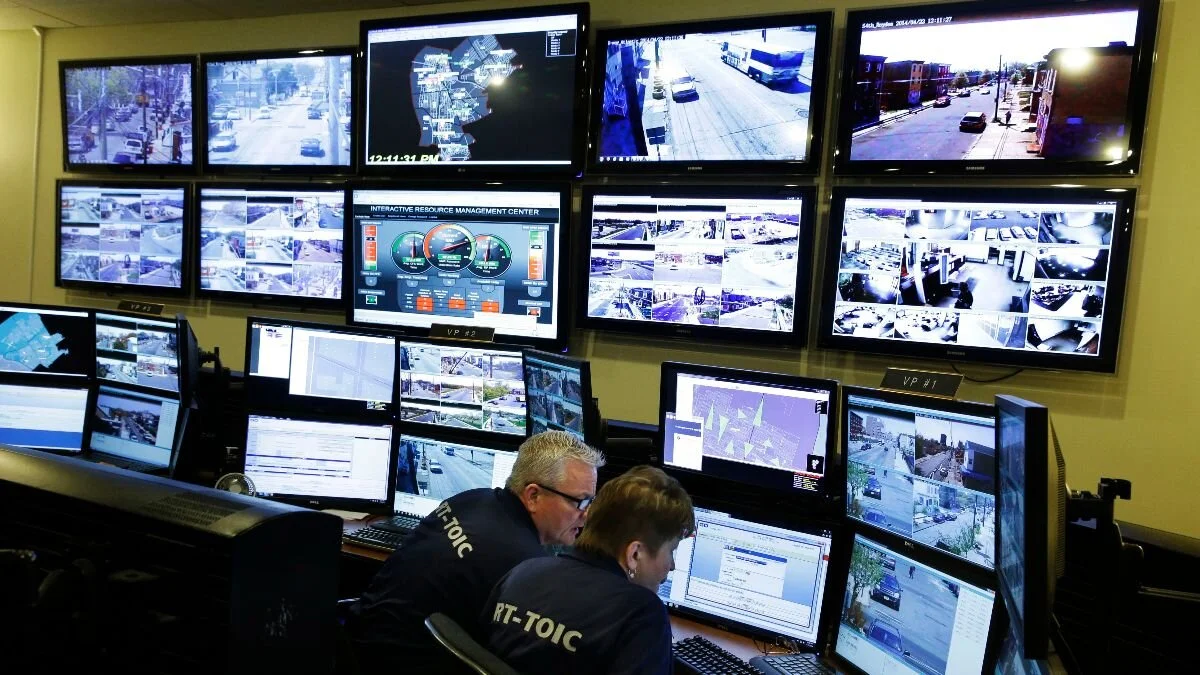No, Camden Didn’t Really Abolish Its Police
Amid calls to abolish the police and reinvest funds in community services, the media has turned to Camden, New Jersey, as an example of police abolition in action.
It’s true that the city of 74,000 dismantled their police force in May 2013. But the way that Camden’s “success” has been touted by publications is misleading. Here’s the back story you should know.
Camden’s budget, long strained by the post-WWII decline in manufacturing, was devastated in 2010 by then-New Jersey Gov. Chris Christie's cuts to state aid. After the city cut half of the police force, which had been marred by allegations of police brutality, local officials worked with Christie to disband the police force entirely and break the police union.
But the county established a new police force the same day, which allowed them to rehire laid-off cops and save almost $90,000 per officer, revealing the disbandment as primarily a union-busting effort. (In 2015, the New Jersey Supreme Court ruled in favor of residents who petitioned against the disbanding, but it was too late.)
As a result of recommitted state funds, the new Camden County Metro Police began with a larger budget than the city police once had. This new county police force employed more than 400 people in 2014, about the same size as the city police force before budget cuts, according to the Washington Post. And while Camden’s population of around 74,000 is heavily Black and Latinx, the metro police were hired from outside of the city, making the force whiter than before.
“Broken windows” policing and excessive force complaints spiked by 43% in the first year of the new department. Cops delivered 339 summonses for riding bikes without a bell or light, compared to three the previous year, according to the Post. The new police force probably did not lead to decreased crime in Camden, a lauded but false correlation – crime also fell in other New Jersey cities between 2012 and 2018.
Instead, local activists led the charge for change, holding state leaders behind the force accountable. In 2014 and 2015, the Post reported, the local NAACP chapter remained vocal about the new force’s turnover rate and excessive force complaints, while local activists pushed for less violent policing.
In 2019, the Camden police force adopted an order requiring officers to intervene and stop other officers using excessive force and report it. But even though excessive force complaints and reports have declined, local activists say Camden’s residents are still “overwhelmed” by videos of police abuse and the metro police’s increased surveillance of residents.
"Police are still beating people," Keith Benson, president of the Camden’s teachers' union, told Salon. "Has the attitude of the general Camden public changed with the police? No, because urban policing as an institution is a problem."





